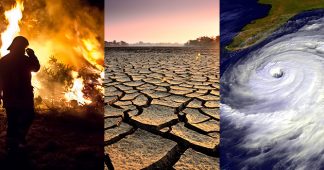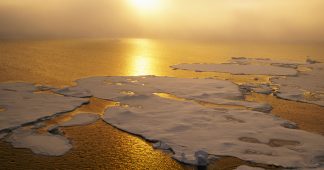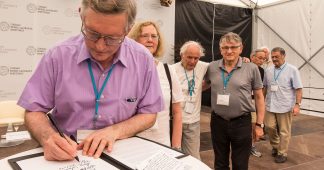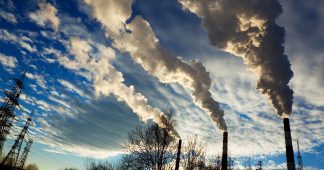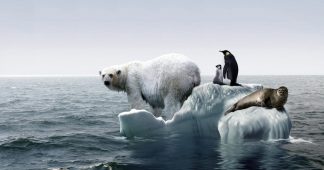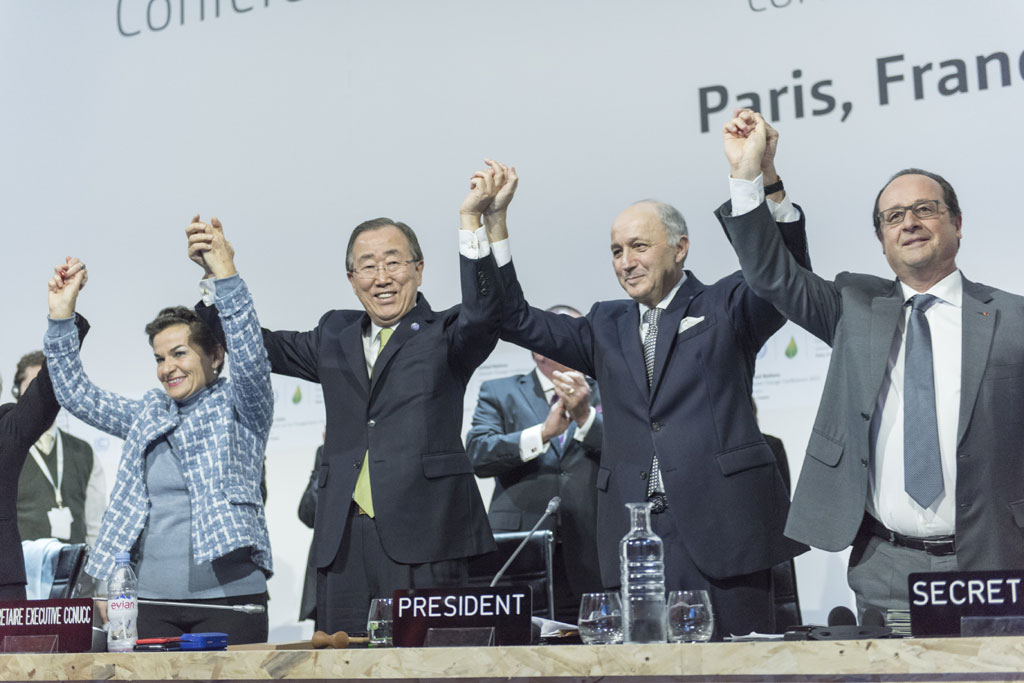Professor at Princeton, Michael Oppenheimer was the longtime chief scientist of the Environmental Defense Fund’s Climate and Air program, and was an early force in the U.N. efforts on climate change that resulted, ultimately, in the Kyoto protocol. He has also been a long-standing participant in the U.N.’s IPCC climate-reporting project, including serving as the lead author of its 2007 Fourth Assessment. But he has also, over the years, spoken out about the limitations of the IPCC process and the reports it produces.
How do you think about the IPCC process and their estimates? I know you’ve been critical in the past.
I’ve been involved in the IPCC since the first assessments, and while I have criticisms of the way certain aspects of the climate system have been assessed by the IPCC and the way the judgments were reported, I certainly think the whole process has done what it was supposed to — to give government a basis for proceeding to develop policy rather than spending their time arguing about the science. All the governments accept the science. So IPCC has done a good job, but it could do a better job.
My own involvement in the question you’ve asked goes back 30 years —more than that, actually. The key question: What are the risks that we really ought to worry about, what are the risks that ought to frame policy including outcomes that might be unlikely but, were they to occur, would have massive impact. These are the kinds of things that I’ve long thought that policy makers ought to be paying attention to, they are the kinds of things that the intelligence community and the Defense Department has long focused on.
They are not focused on the average of what might happen, they worry about the surprises — what Donald Rumsfield notably tried to distinguish when he talked about the “known unknowns” and the “unknown unknowns.” We have both categories with climate. There are things we can identify as potentially happening but can’t really quantify very well — those are the known unknowns. And then are the things that we are constantly challenged by, that happened and which we didn’t really predict or even identify as a possible outcome — the unknown unknowns. In the latter category you might put the speed at which ice has been lost in Greenland and Antarctica, by processes that were not anticipated and barely thought about at all in the early IPCC reports. The classic surprise in all of this wasn’t in climate, it was in the ozone — the appearance of the ozone hole.
That’s really the best example of an unknown unknown showing up.
Read more at http://nymag.com/daily/intelligencer/2017/07/michael-oppenheimer-10-percent-chance-we-meet-paris-targets.html
